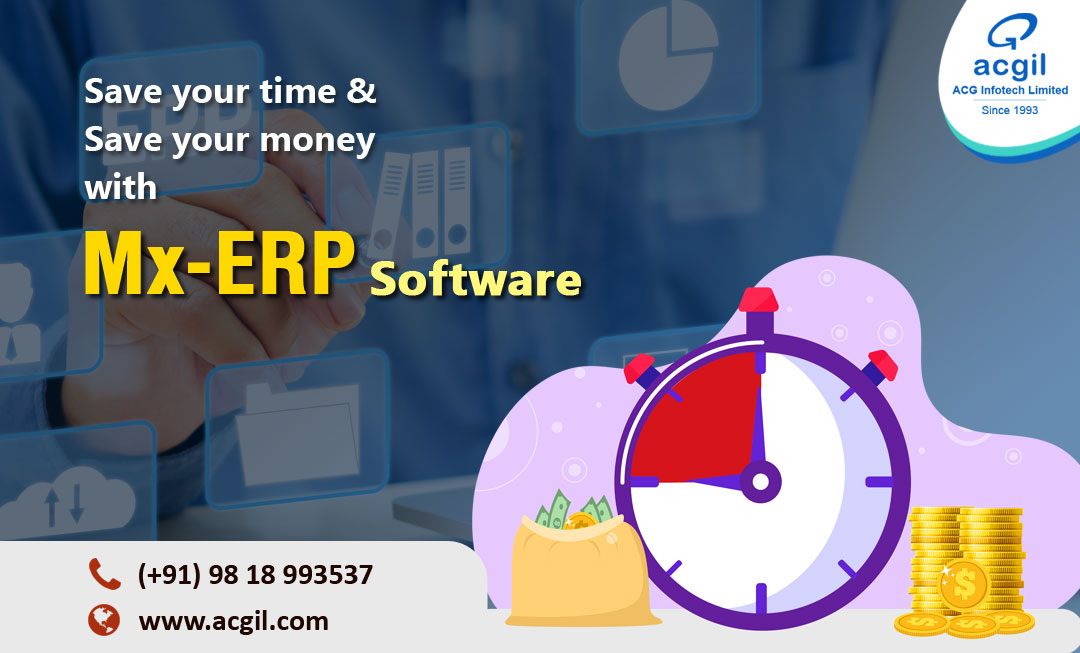Table of Contents
Introduction
Understanding ERP Implementation
- Definition of ERP
- Importance of ERP Implementation
Common ERP Implementation Challenges
- Lack of Proper Planning and Strategy
- Resistance to Change
- Data Migration Issues
- Integration Complexity
- Inadequate Training
- Cost Overruns
- Vendor Selection Dilemma
- Customization and Configuration Problems
- Testing and Quality Assurance
- Project Management Hurdles
Overcoming ERP Implementation Challenges
- Conducting Thorough Research
- Assembling a Competent Team
- Developing a Clear Implementation Plan
- Addressing Resistance and Involving Employees
- Ensuring Data Accuracy and Migration
- Choosing the Right ERP System and Vendor
- Training and Knowledge Transfer
- Monitoring Progress and Managing Costs
- Staying Agile and Adaptable
- Leveraging External Expertise
Conclusion
FAQs
- What is ERP implementation?
- Why is ERP implementation challenging?
- How can companies overcome ERP implementation challenges?
- What are the key factors to consider when selecting an ERP vendor?
- How important is employee training during ERP implementation?
Introduction
Enterprise Resource Planning (ERP) systems play a pivotal role in streamlining business processes and enhancing overall efficiency. Implementing an ERP system, however, is a complex undertaking that comes with its set of challenges. In this article, we will delve into the common hurdles faced during Manufacturing ERP System implementation and explore effective strategies to overcome them.
Understanding ERP Implementation
- Definition of ERP: ERP is a comprehensive software suite that integrates various business functions into a single unified system. It enables seamless flow of information across departments, optimizing operations and facilitating data-driven decision-making.
- Importance of ERP Implementation: Implementing an ERP system empowers organizations to enhance productivity, reduce manual errors, improve collaboration, and gain valuable insights into their processes, customers, and finances.
Common ERP Implementation Challenges
- Lack of Proper Planning and Strategy: One of the most significant challenges faced during ERP implementation is the lack of a well-defined plan and strategy. Without a clear roadmap, companies may encounter delays, cost overruns, and unexpected issues.
- Resistance to Change: Introducing an ERP system often disrupts established workflows, leading to resistance from employees who may be reluctant to embrace change.
- Data Migration Issues: Migrating existing data to the new ERP system can be complex, and if not handled carefully, it can result in data loss or inconsistency.
- Integration Complexity: Integrating the ERP system with existing software and applications can be challenging, especially if the systems use different data formats and structures.
- Inadequate Training: Insufficient training for employees can hinder successful ERP adoption, as users may struggle to utilize the system effectively.
- Cost Overruns: ERP implementation costs can exceed budgeted amounts due to unforeseen expenses and scope changes.
- Vendor Selection Dilemma: Selecting the right ERP vendor is crucial, as a wrong choice can lead to compatibility issues and unsatisfactory results.
- Customization and Configuration Problems: Balancing the need for customization with the ERP system’s core functionalities can be challenging, potentially leading to operational inefficiencies.
- Testing and Quality Assurance: Thorough testing and quality assurance are essential to identify and rectify any bugs or errors before the system goes live.
- Project Management Hurdles: Effective project management is vital for ERP implementation success, but inadequate management can cause delays and miscommunications.
Overcoming ERP Implementation Challenges
- Conducting Thorough Research: Before embarking on ERP implementation, conduct thorough research to understand the specific needs of your organization and the available ERP solutions.
- Assembling a Competent Team: Create a dedicated team with representatives from different departments to ensure effective communication and coordination throughout the process.
- Developing a Clear Implementation Plan: Create a detailed plan with specific timelines, milestones, and responsibilities to guide the implementation process.
- Addressing Resistance and Involving Employees: Involve employees from the beginning, communicate the benefits of the ERP system, and address their concerns to gain buy-in and reduce resistance.
- Ensuring Data Accuracy and Migration: Perform data cleansing and validation to ensure accurate data migration to the new system.
- Choosing the Right ERP System and Vendor: Thoroughly assess ERP vendors, check their track record, and choose a system that aligns with your organization’s needs and goals.
- Training and Knowledge Transfer: Provide comprehensive training to all users to ensure they can use the ERP system proficiently.
- Monitoring Progress and Managing Costs: Regularly monitor the implementation progress, identify potential issues, and manage costs effectively to avoid overruns.
- Staying Agile and Adaptable: Be open to adjustments and adapt to changing circumstances to ensure successful ERP implementation.
- Leveraging External Expertise: Seek guidance from ERP consultants or experts if needed, as their experience can be invaluable in navigating challenges.
Conclusion
ERP implementation is a trans-formative process that can significantly improve organizational efficiency and decision-making. However, it comes with various challenges that need to be addressed proactively. By conducting thorough research, involving employees, choosing the right vendor, and staying adaptable, organizations can overcome these challenges and reap the full benefits of ERP implementation.
FAQs
What is ERP implementation?
ERP implementation is the process of integrating and deploying an ERP system into an organization’s operations to streamline processes and enhance efficiency.
Why is ERP implementation challenging?
ERP implementation is challenging due to factors such as resistance to change, data migration complexities, vendor selection, and cost management.
How can companies overcome ERP implementation challenges?
Companies can overcome ERP implementation challenges by conducting thorough research, involving employees, choosing the right vendor, providing adequate training, and effective project management.
What are the key factors to consider when selecting an ERP vendor?
Key factors to consider when selecting an ERP vendor include track record, system compatibility, support services, and overall cost-effectiveness.
How important is employee training during ERP implementation?
Employee training is critical during ERP implementation as it empowers users to utilize the system effectively, reducing errors and improving productivity.

